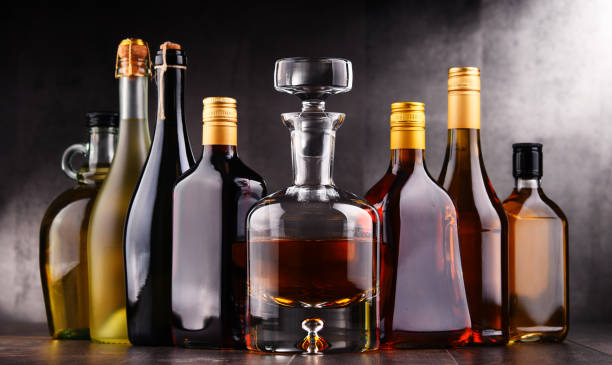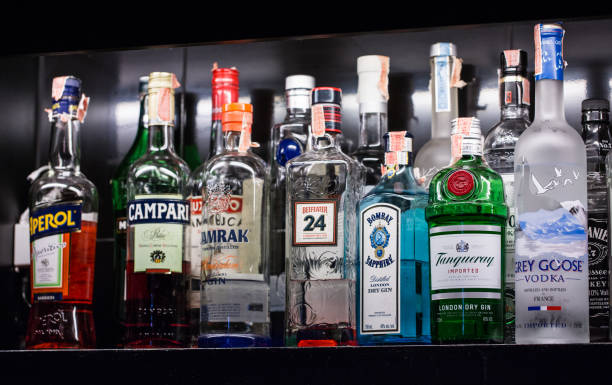Alcoholic beverages are a staple of many social gatherings and can be a source of enjoyment for many people. However, it is also a source of calories, and excessive alcohol consumption can lead to weight gain and other health problems. Understanding the calorie content of alcoholic beverages is crucial for those who want to manage their weight and maintain a healthy lifestyle.
Alcohol is known as a “empty calorie”, which means that it provides energy in the form of calories, but contains no essential nutrients like vitamins, minerals, or fiber. The calorie content of alcohol varies depending on the type of beverage and its serving size.
Alcohol is a type of macronutrient that is metabolized differently than carbohydrates, fats, and proteins. Unlike these other macronutrients, alcohol is not essential to our diet and provides empty calories, meaning it contains energy but no other essential nutrients.
The number of calories found in alcohol is dependent on the type of drink being consumed, as well as its serving size. It is important to note that alcohol is highly concentrated with calories, with one gram of alcohol containing 7 calories. This is compared to 4 calories found in one gram of carbohydrates and 9 calories found in one gram of fat.
Below are the average calorie counts for some popular types of alcohol:
Beer: 150 calories per 12 ounces
Wine: 120 calories per 5 ounces
Vodka: 97 calories per 1.5 ounces
Whiskey: 105 calories per 1.5 ounces
Tequila: 97 calories per 1.5 ounces
It is important to note that these calorie counts are average estimates and can vary depending on the brand and type of alcohol. Additionally, mixed drinks can contain even more calories due to the added sugars and ingredients.
Impact of Alcohol on Weight
Excessive alcohol consumption can contribute to weight gain and obesity. Alcohol is not stored in the body like other macronutrients, so it is processed immediately by the liver. This process causes the liver to prioritize breaking down the alcohol and stop breaking down fat, leading to an increase in fat storage. Additionally, alcohol can lower our inhibitions and increase our appetite, leading us to make unhealthy food choices.
In addition to the direct calorie intake from alcohol, it can also lead to decreased physical activity and impaired judgement, which can further contribute to weight gain.
Moderation is Key
While alcohol can provide a source of empty calories, it is still possible to enjoy it in moderation. One strategy to limit alcohol-related calories is to choose lower calorie options, such as light beer or wine. Additionally, opting for clear alcoholic beverages like vodka or gin over sugary mixed drinks can also help reduce caloric intake.
It is also important to be mindful of portion sizes and to limit the frequency of alcohol consumption. The American Heart Association recommends that women limit alcohol intake to one drink per day and men limit it to two drinks per day.
For those who are trying to maintain a healthy weight or lose weight, it is essential to be mindful of the calorie content of alcoholic beverages. Reducing the frequency of alcohol consumption and opting for low-calorie options, such as light beer or wine, can help to minimize the impact of alcohol on weight management. Additionally, incorporating physical activity and a balanced diet into your lifestyle can help to counteract the effects of alcohol and promote overall health and wellness.
In conclusion, alcohol is a significant source of empty calories and can contribute to weight gain and other health problems if consumed in excessive amounts. Understanding the calorie content of different alcoholic beverages and being mindful of serving sizes can help individuals make informed decisions about their alcohol consumption and maintain a healthy lifestyle.

 Home
Home Health
Health Diet & Nutrition
Diet & Nutrition Living Well
Living Well More
More












